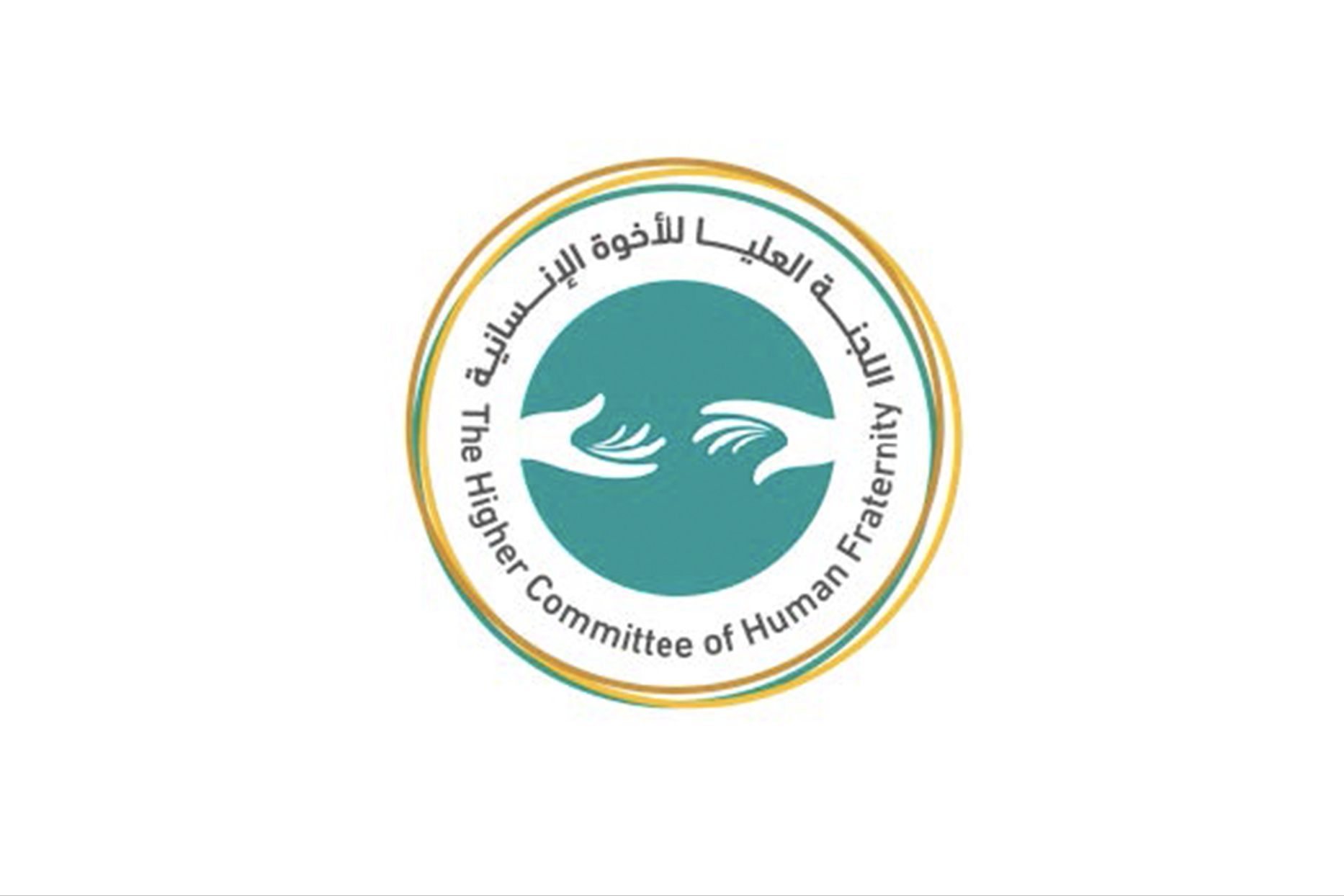“The declaration “Human Fraternity for World Peace and Living Together” – co-authored by His Holiness Pope Francis and His Eminence the Grand Imam of Al-Azhar Sheikh Ahmed El Tayeb – is a model for interfaith harmony and human solidarity. Let us all take inspiration and renew our commitment to stand together as one human family.”
UN Secretary-General António Guterres
Pope: The heavens above invite us to walk together in fraternity
By Thaddeus Jones
Pope Francis offered his welcome and expressed his profound gratitude to all those near and far participating in the Meeting on Human Fraternity taking place in Saint Peter’s Square Saturday afternoon on 10 June. The Pope’s words came in a message read by Cardinal Mauro Gambetti, Archpriest of St. Peter’s Basilica and Vicar General for Vatican City. Pope Francis is currently recovering from surgery in hospital and was unable to be present for the event as had originally been planned.
Fraternity and peace
The Pope added his voice to all those present in affirming “the desire for fraternity and peace in the world.” The worldwide dimension of the event came through with moving testimonies and interviews of people of all walks of life from around the globe sharing experiences of their trials and tribulations.
All underscored the gestures of goodwill and fraternity that they had received, despite the scars left from harrowing experiences of war, poverty, or suffering. #NotAlone, but united together in solidarity and friendship, they have been able to go forward in life and called on everyone to come together as brothers and sisters to witness to our common humanity and to respond to the call to fraternity.
“Indeed, the heavens above invite us to walk together, to rediscover each other as brothers and sisters and to believe in fraternity as the foundation of our pilgrimage.”
Participants shared their experiences and testimonies also live with link-ups to over eight countries around the world, including Italy (Trappani), Congo (Brazzaville), the Central African Republic (Bangui), Ethiopia, Argentina (Buenos Aires), Israel (Jerusalem), Japan (Nagasaki), and Peru (Lima).
Recalling his Encyclical Fratelli tutti, the Pope in his message says authentic fraternity calls us to see each other as a brother or a sister – not just a statistic, or a “other”, but a human person who has dignity and merits respect. In our suffering world marked by exploitation and indifference, violence and wars, “tweaks and adjustments are not enough,” the Pope writes.
“Only a great spiritual and social covenant born from the heart and centered on fraternity can restore the sacredness and inviolability of human dignity as the core of relationships.”
Action for a culture of peace
The Pope underscored that more than theories we need “concrete gestures” also made together in order to promote a “culture of peace.” And we should ask first “what can I give to my brothers and sisters” rather than just focus on what society can do for me. He said let’s come up with concrete gestures of building fraternity, even simply reconciling with family members, friends and neighbours, and praying for those who hurt us, helping those in need, speaking words of peace in all places of our lives, and consoling with our closeness those who feel alone.
Balm of tenderness
We are called to “apply the balm of tenderness” to help heal relationships between individuals or peoples that have become “gangrenous” he noted.
“Let us not tire of crying out “no to war”, in the name of God and in the name of every man and woman who aspires for peace.”
Recalling that fraternity is also fragile as it is precious, the Pope said that “the feeling of fraternity uniting us is stronger than hatred and violence” and that in our common suffering the sense of “feeling together” can lead to a spark that can “rekindle the light that stops the night of conflicts.”
With fraternity, change for the better
Believing that we are all brothers and sisters helps us look beyond our own ethnic and cultural roots to see our common human dignity that merits respect, he epxlained. And when individuals and communities choose fraternity, policies can change for the better, the Pope observed. Whether policies that safeguard the environment, ensure a just wage for work, or efforts to covercome past wrongs, all can lead to hope, prosperity, justice and healing.
Nobel Prize laureates
In conclusion, the Pope thanked the organizers of the meeting and paid tribute to the Declaration on Human Fraternity drafted earlier in the day by the 30 distinguished Nobel Laureates also present in Saint Peter’s Square, saying it offers a guide for living fraternity and witnessing to it every day in concrete ways.
“I wish you to keep in your hearts and memories the desire to embrace the women and men of the world in order to build together a culture of peace. Indeed, peace needs fraternity and fraternity needs encounter.”
Representatives of the group of Nobel Laureates, Dr. Muhammad Yunus and Dr. Nadia Murad, presented the Declaration on Human Fraternity during the event, with Cardinal Pietro Parolin, Vatican Secretary of State, putting his signature to it.
Click here to Read More…










